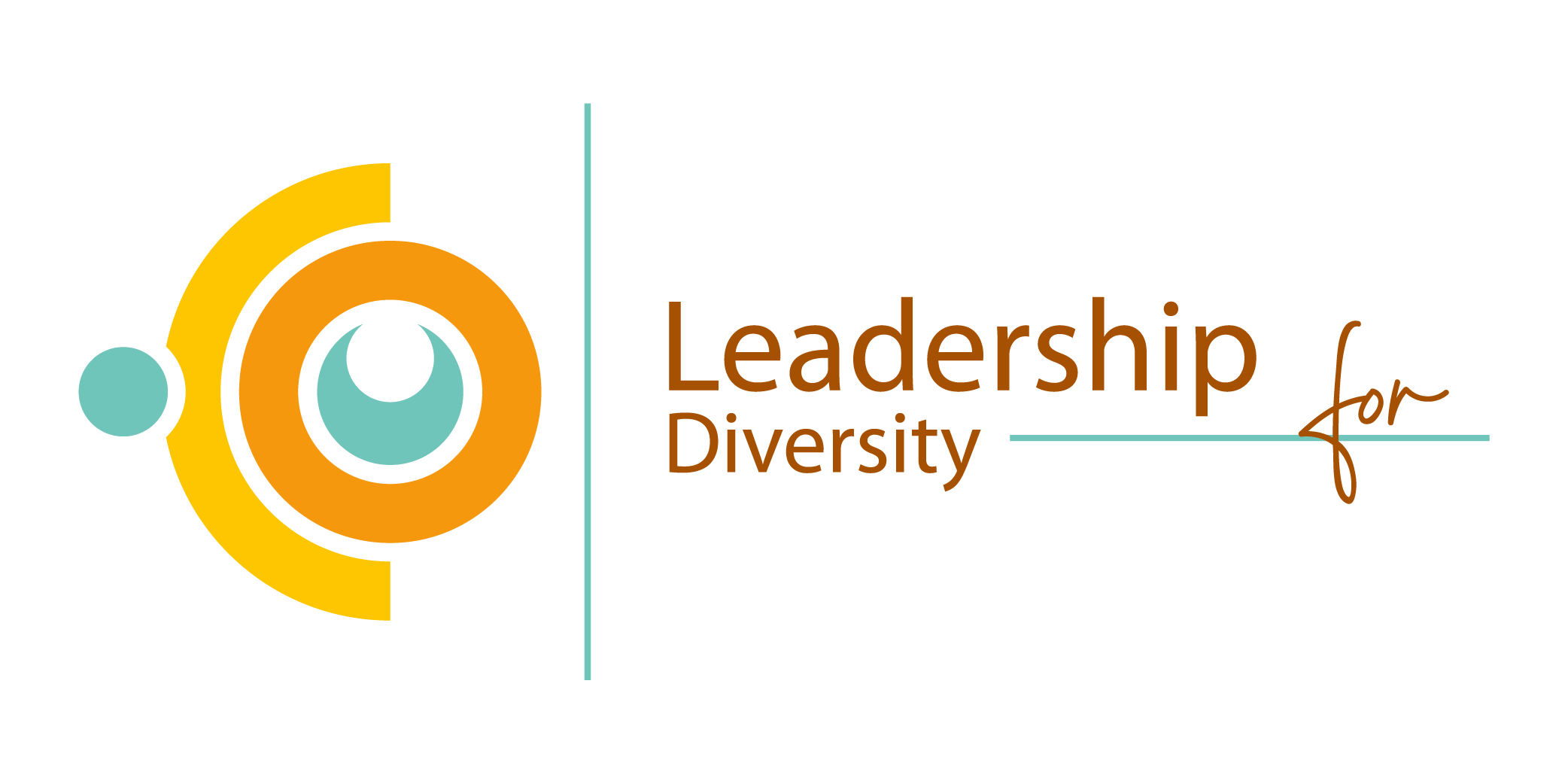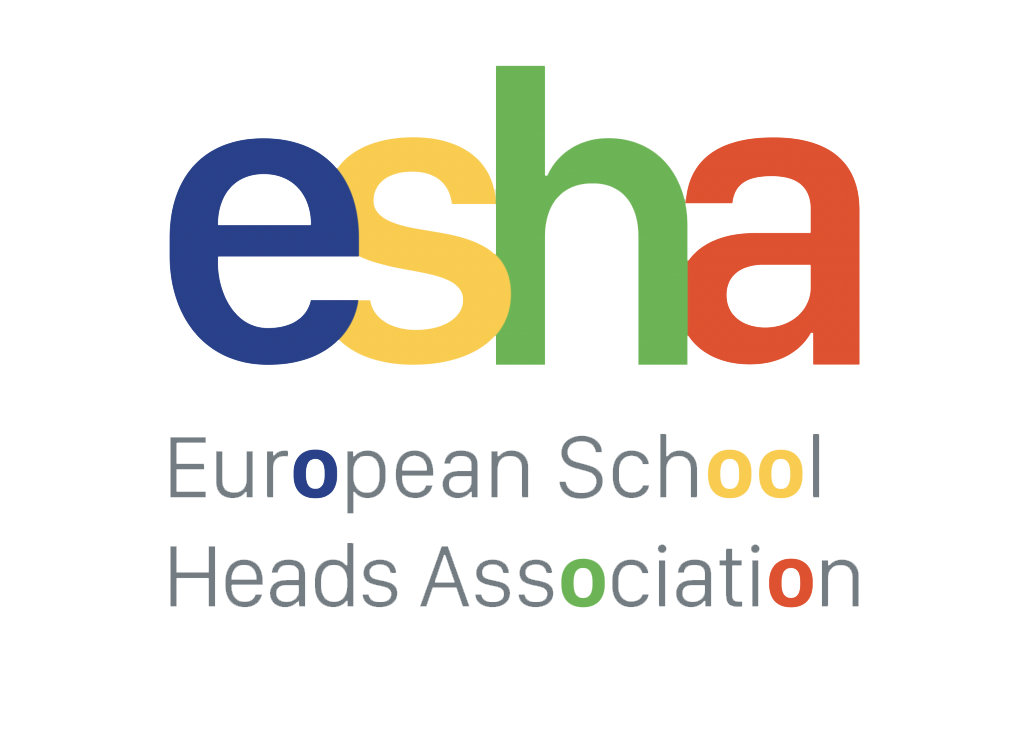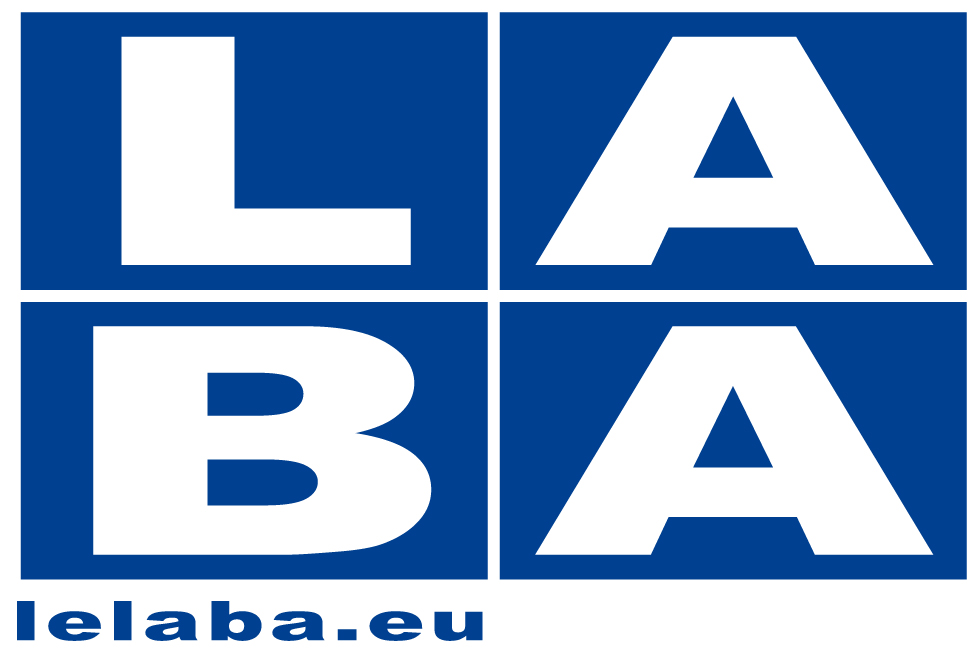Intercultural activities to promote inclusive classrooms in primary schools

This article highlights the need for inclusive practices that embrace interculturality both in formal education and the broader community. An inclusive school respects diversity, fostering cultural, economic, and personal understanding. To promote intercultural education, activities like exploring new cultures, learning languages, sharing traditions, and collaborating with NGOs are recommended. Such efforts enhance empathy, respect, and […]
Expert in Intercultural Education, Diversity, and Coexistence (Experta/o en Educación Intercultural, Diversidad y Convivencia)
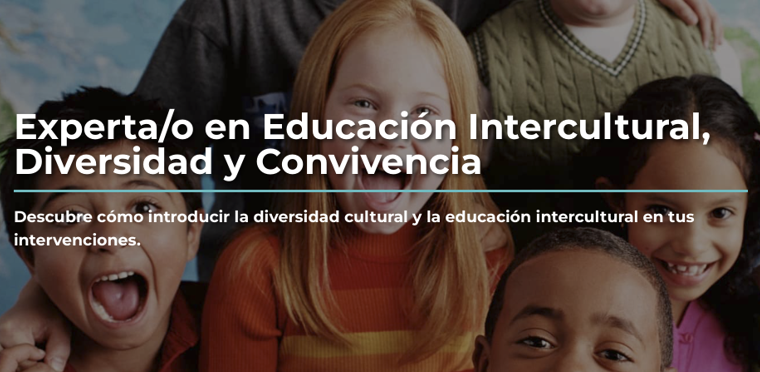
Diversity and Inclusion in Education (Diversidad e inclusión en la educación)
Leading Equity, Diversity, and Inclusion in Higher Education (Liderar la equidad, la diversidad y la inclusión en la enseñanza superior)
Handbook for Developing Intercultural Competencies: Circles of Narratives (Manual para el desarrollo de competencias interculturales: círculos de narraciones)
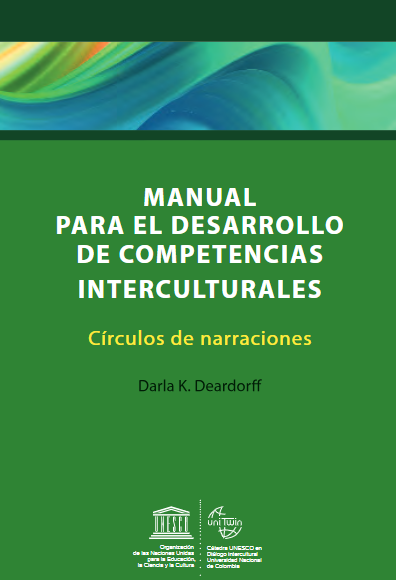
Published by UNESCO, this handbook provides strategies for managing cultural diversity in educational contexts. It offers a flexible and adaptable approach to different realities, fostering intercultural dialogue and coexistence. It is available in Spanish and other languages.
Intervention Project to Promote Inclusive Education Among Students (Proyecto de intervención para promover la educación inclusiva entre el alumnado)
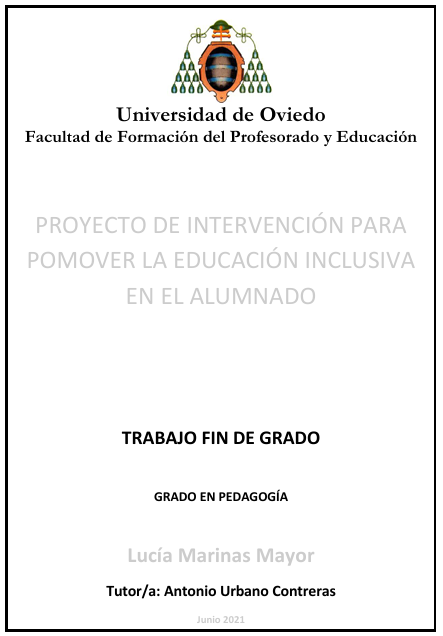
The research is based on first developing concepts such as inclusion, integration and then developing a participatory methodology where pupils are at the centre. The methodology is divided into several sessions of activities where topics such as self-esteem and empathy with the pupils are discussed. Apart from offering good theoretical and empirical content, this work […]
Thermometer for Assessing Inclusive Education in a School (Termómetro para la valoración de la educación inclusiva en un centro escolar)
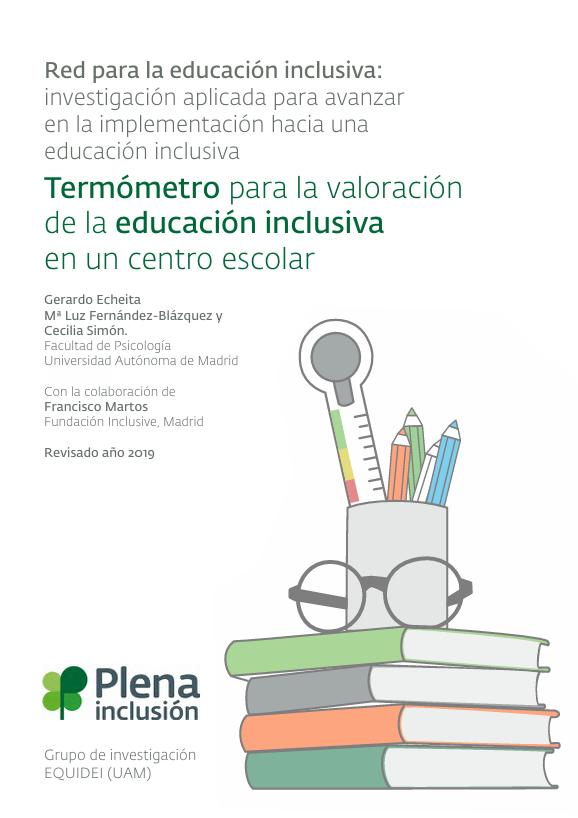
This document acts as a practical tool designed to evaluate the level of inclusivity in educational institutions. It provides a structured framework for assessing inclusivity across key areas such as teaching practices, student engagement, curriculum adaptation, staff training, and family collaboration. The objective is to identify areas for improvement and support schools in advancing inclusive […]
Guide to Best Practices in Inclusive Education (Guía de Buenas Prácticas en Educación Inclusiva)
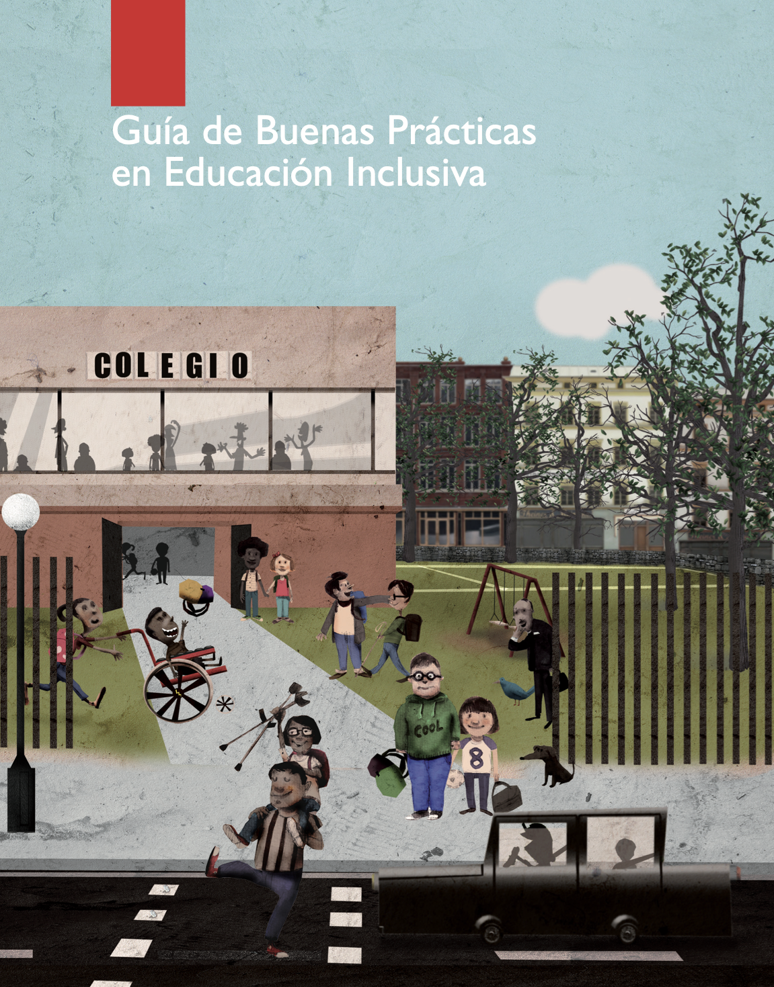
The Save the Children guide titled “Guía de Buenas Prácticas en Educación Inclusiva” provides real-life examples and practical insights from schools that have implemented inclusive education projects. The guide focuses on the steps and best practices to create more inclusive and equitable educational systems, particularly for marginalized and vulnerable students.
Guide to Inclusive Education: Fostering Learning and Participation in Schools (Guía para la educación inclusiva: Desarrollando el aprendizaje y la participación en los centros escolares)
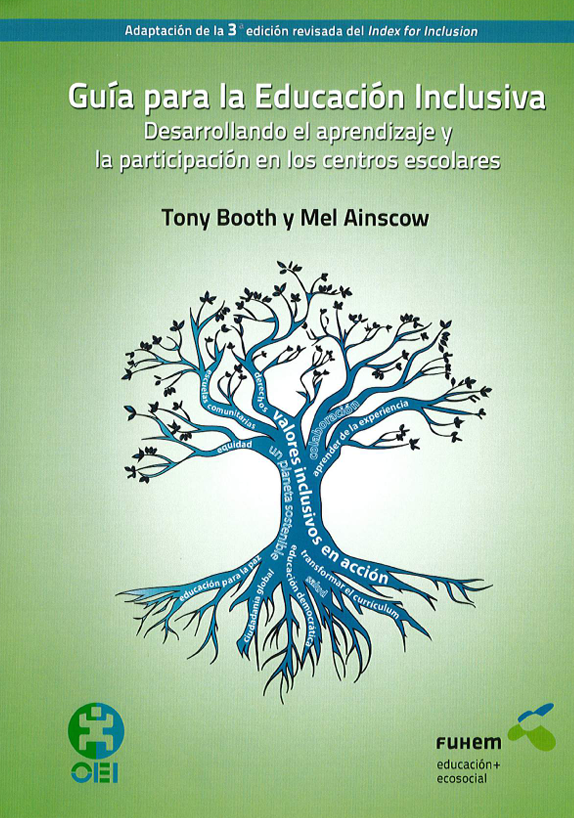
This comprehensive guide offers practical strategies and theoretical insights for fostering inclusive education in schools. It provides educators, administrators, and policymakers with tools to create learning environments that accommodate all students, regardless of their abilities or backgrounds. The guide emphasizes the principles of equity, diversity, and participation, presenting case studies, actionable policies, and frameworks to […]
Inclusive Education as a Right: Framework and Guidelines for Advancing a Pending Revolution (La educación inclusiva como derecho: marco de referencia y pautas de acción para el desarrollo de una revolución pendiente)
The aim of this study is to provide a thorough understanding of how management teams play a crucial role in fostering an inclusive culture. It emphasizes that inclusive leadership entails implementing a philosophy of inclusion, overseeing diversity management processes, and fostering a cohesive school community.
